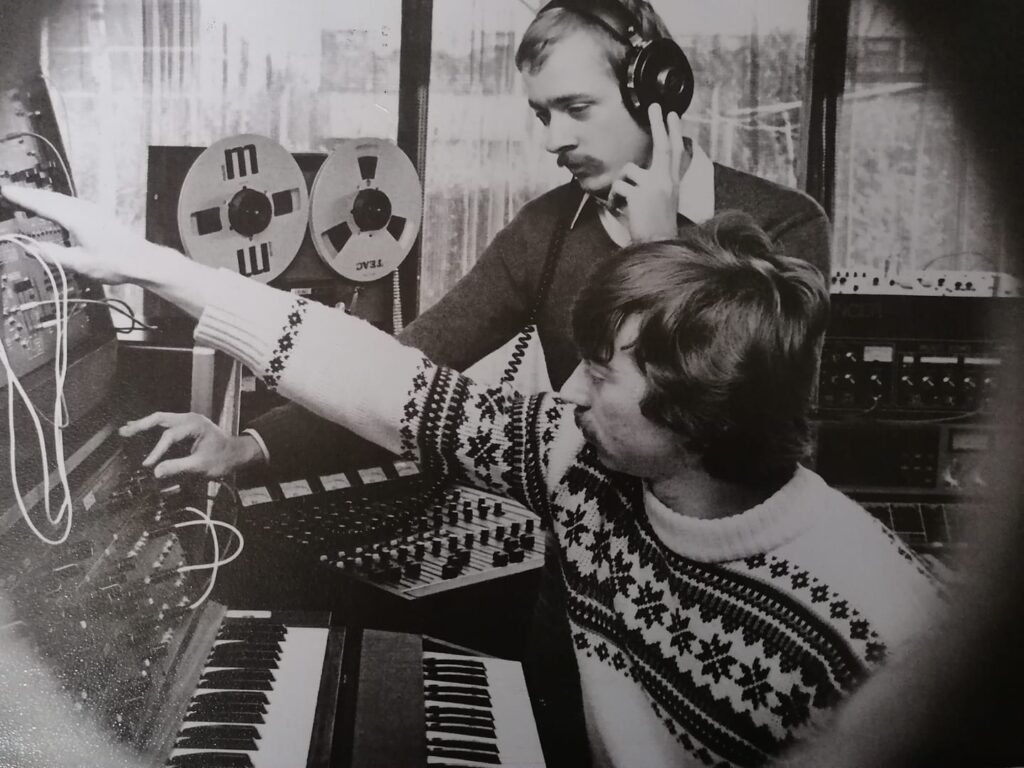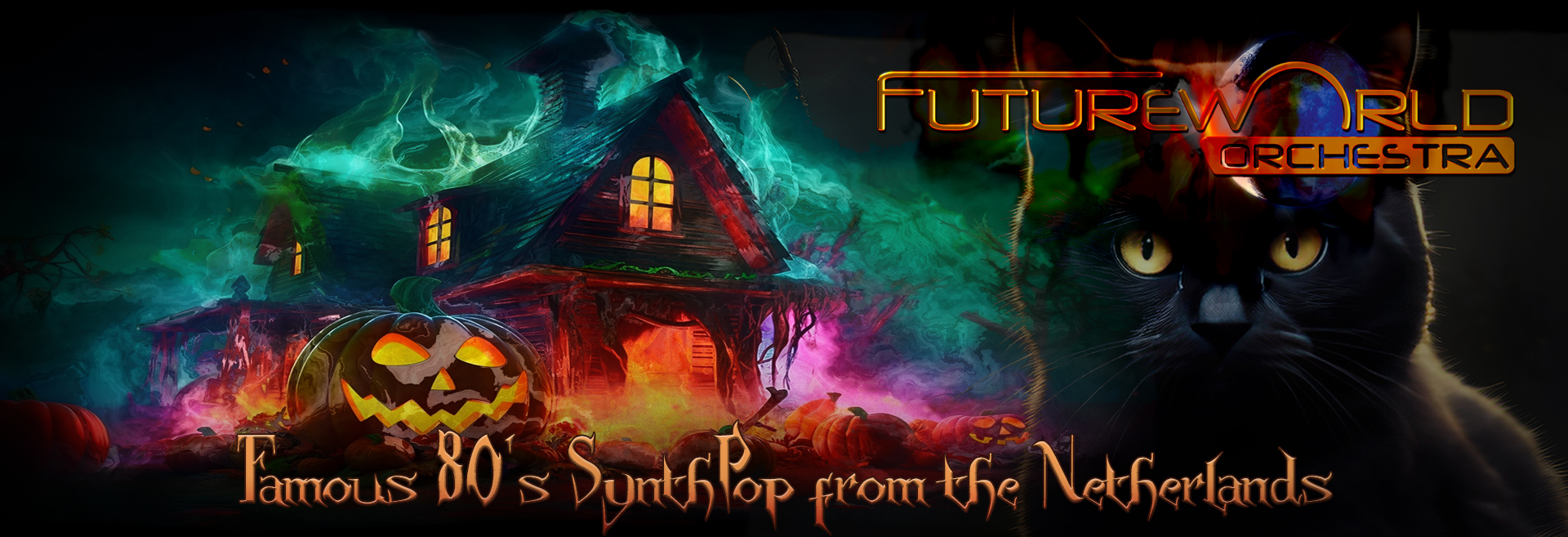
Futureworld Orchestra (FWO) was a visionary project that emerged in the early 1980s with a clear, ambitious goal: to produce high-quality synth-pop music that focused on studio craftsmanship rather than live performance. Founded by Robert Pot and Gerto Heupink in the Netherlands, FWO embodied a unique approach to electronic music, blending the precision of studio production with a rotating cast of vocalists. This setup aligned perfectly with their desire to operate as an “orchestra”—not in the traditional sense, but as a collaborative studio entity that could seamlessly adapt its sound to various vocalists, moods, and musical ideas.
The Vision Behind Futureworld Orchestra
From its inception, FWO was crafted as a studio project rather than a touring band. The founders were captivated by the creative possibilities that emerged when artists focused solely on studio production, free from the constraints of live performance. This approach allowed them to create rich, layered soundscapes without worrying about how they could be reproduced on stage. The result was a level of sophistication and polish that helped them stand out in the synth-pop genre, which was often marked by live performances that, due to technological limitations of the time, could not always replicate the intricate sound designs achieved in a studio.
Why “Orchestra”? A Unique Approach to Synth-Pop
The “orchestra” in the name was a nod to this collaborative and versatile setup. While most electronic groups of the time had a fixed lineup, FWO envisioned a fluid “orchestra” of voices and sounds. Robert Pot, as the creative force behind FWO, positioned himself more as a producer and songwriter than a performer. He wanted to work with a range of vocalists who could bring different emotional tones to the music, helping each track feel distinct and fresh. This approach allowed FWO to maintain a high level of artistic flexibility and prevented them from being pigeonholed into a single musical identity. This choice of name also added a cinematic allure to FWO’s sound, aligning with the dramatic, sweeping arrangements they often produced.
Robert Pot: The Producer Over the Performer
Robert’s background and primary interests lay in the songwriting and production aspects of music creation. His expertise in crafting melodies, structuring arrangements, and working with synthesizers defined FWO’s sound. With synthesizers being a relatively new tool for composers at the time, Robert pushed the technology’s boundaries, layering sounds and experimenting with sonic textures in a way that was unique for the period. Unlike many other synth-pop artists who transitioned to live performances due to public demand, Robert remained focused on the studio as the heart of FWO. This allowed him to fine-tune every element of the music, ensuring that each release sounded exactly as he envisioned.
In the studio, Pot could create with fewer limitations, delving deeply into the technological possibilities of synthesizers like the Polymoog, Roland Jupiter-8, and the Korg MS-20. He viewed synthesizers not merely as a means to an end but as versatile instruments capable of capturing a broad emotional range. This commitment to producing in the studio, with a focus on innovative sounds and textures, positioned FWO as a pioneering act in electronic music.
Vocal Collaborations: Expanding the “Orchestra”
One of the unique aspects of FWO’s vision was the idea of involving various vocalists to create an “orchestra” of voices. By collaborating with different singers, FWO was able to bring different emotional depths to their tracks. This rotating roster of vocal talent brought new dimensions to each song, allowing FWO to explore various themes, from the deeply introspective to the fantastical. While Pot and Heupink were the constant creators in the background, the changing vocals kept the music fresh and unpredictable.
The approach also aligned with the thematic undercurrent of much of FWO’s work, which often explored the future, technology, and human emotion. Different voices allowed them to adapt the music to different storylines, almost like chapters in a book, each chapter bringing a new perspective.
Legacy and Impact
FWO’s work resonates with fans of synth-pop and electronic music to this day. Their commitment to studio production, along with the varied vocal collaborations, created a signature sound that was both nostalgic and forward-thinking. By choosing not to focus on live performances, FWO created timeless pieces that fans could return to again and again, always discovering something new in the meticulous layers of sound.
For those who crave something different in the realm of synth-pop, Futureworld Orchestra represents an inspired alternative: music as pure, unadulterated production, designed to transport listeners into a meticulously crafted soundscape.
